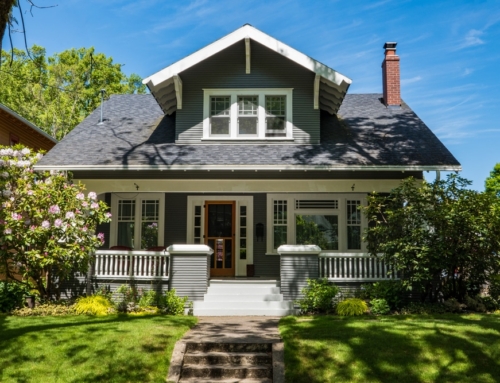Should I take out a mortgage? If you are contemplating retirement, this is a tricky question with no simple answer.
To help you decide if this is the right move for you, here are some questions to ask yourself:
1. What will my cash flow look like in retirement?
This is the overriding question to ask yourself. A mortgage represents an ongoing stream of payments that need to be made until the debt is retired or the property is sold. Will your anticipated cash flow during retirement allow you to meet this financial obligation?
2. If I die with a mortgage balance, how will it affect my heirs?
Your heirs may include a surviving spouse, children, or others. If you have a pension that might be reduced or go away upon your death, will your surviving spouse have sufficient resources to continue making the mortgage payments and maintain his or her lifestyle? What happens if the property can’t be sold in a timely fashion—will your spouse and/or children be in a critical financial bind?
3. Is purchasing a residence and assuming a mortgage the best use of my retirement assets?
Between the down payment and the ongoing stream of mortgage payments, will this transaction tie up assets that could be used in other ways during your retirement?
4. Will purchasing a residence restrict my retirement lifestyle?
Besides the financial issues connected with purchasing a residence and assuming a mortgage, will the purchase fit with your vision of a retirement lifestyle? Do you want to stay in this particular location long-term?
If you decide that taking on a mortgage as you approach retirement makes sense for your finances and your lifestyle, here are a couple of further questions to ask.
5. Will I be able to obtain a mortgage?
This has always been a consideration for retirees, but it’s an even bigger one now, given the state of the mortgage industry in the wake of the financial crises. If you are contemplating a mortgage to finance your retirement residence, it might make sense to apply for this mortgage before you retire and while you still have an income. Mortgage lenders want to know that you will be able to make the payments before they will grant you a loan.
6. What type of mortgage should I take on?
Does a traditional thirty-year fixed mortgage make sense? The answer will depend upon a number of factors, including what you can afford in terms of a monthly payment. If you can afford larger payments, a shorter-term loan, like a fifteen-year mortgage, might make sense for an older borrower.
Before deciding to take on a mortgage in retirement, be sure to do an analysis of your overall financial situation in retirement to see if this is the right move for you.
Roger Wohlner, CFP® is a fee-only financial advisor at Asset Strategy Consultants. Roger provides advice to individual clients, retirement plan sponsors and participants, foundations, and endowments. Follow Roger on Twitter; connect with him on LinkedIn.





